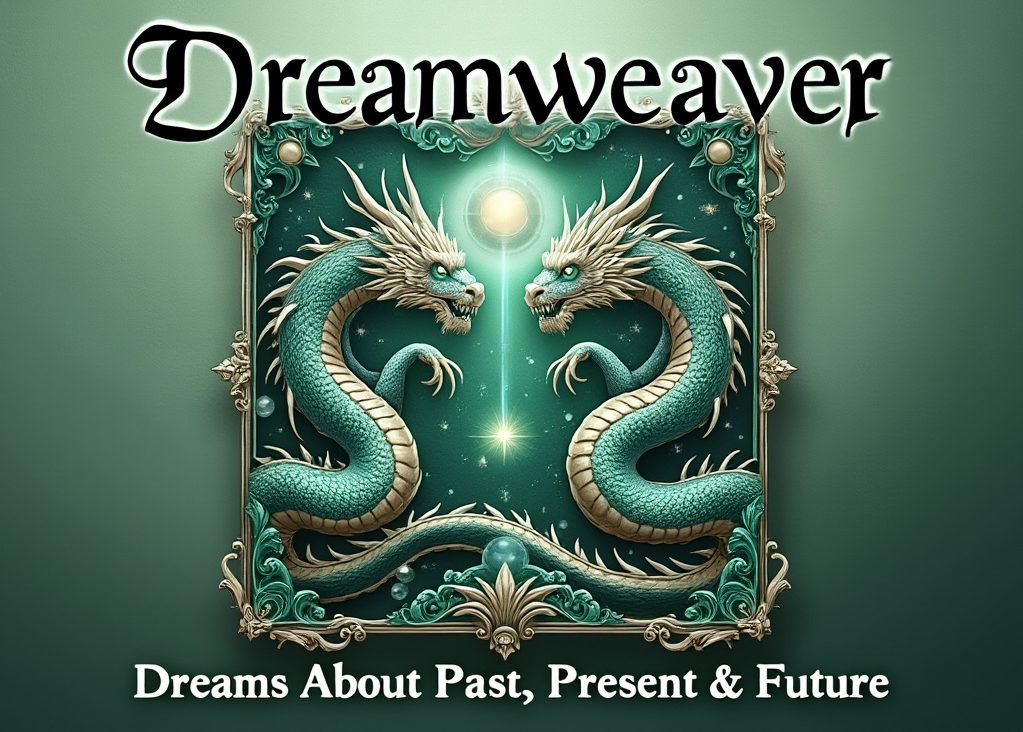Theoretical Approaches:
-
Psychoanalytic Theory (Freud & Jung):
-
Freud believed dreams were the royal road to the unconscious, revealing repressed wishes and conflicts through symbolism. For example, dreams might contain latent content (hidden meanings) expressed through manifest content (what you remember).
-
Jung expanded this into the collective unconscious, suggesting archetypes (universal symbols) like The Shadow or The Self appear in dreams to guide personal growth or warn of imbalance.
-
-
Cognitive Theory:
-
Dreams are seen as part of cognitive processes like memory consolidation, problem-solving, or emotional regulation. Here, dreams might reflect daily concerns or attempt to solve them symbolically.
-
-
Activation-Synthesis Hypothesis:
-
This theory suggests that dreams result from the brain trying to make sense of random neural firings during sleep. Essentially, your brain is telling stories based on electrical activity.
-
-
Neurobiological Approach:
-
Dreams could serve functions like synaptic pruning or processing emotional experiences, helping the brain to reorganize and prepare for waking life challenges.
-
Practical Analysis:
-
Content Analysis:
-
Look at the settings, characters, actions, and emotions in the dream. Are there recurring themes? What might they symbolize in your life?
-
-
Emotional Tone:
-
The emotions in dreams can be more telling than the events. Fear, joy, anger, or sadness in dreams can reflect your waking state of mind or unresolved issues.
-
-
Dream Journals:
-
Keeping a dream diary can help spot patterns over time. Writing dreams down immediately upon waking captures details before they fade.
-
-
Symbolism vs. Literal Interpretation:
-
Not every element in a dream needs a deep psychological explanation. Sometimes, dreaming of being late for an exam might just mean you’re stressed about a deadline.
-
-
Cultural Context:
-
Symbols in dreams can have different meanings across cultures. What might be ominous in one culture could be benign in another.
-
-
Personal Relevance:
-
What does the dream mean to you? Sometimes, personal associations are more significant than textbook interpretations.
-
Remember, dream analysis isn’t an exact science, and it can be as much art as it is psychology. It’s a tool for self-reflection, not a definitive map of your subconscious. If dreams are bothering or puzzling you, talking them through with a therapist can offer insights tailored to your life’s context.

